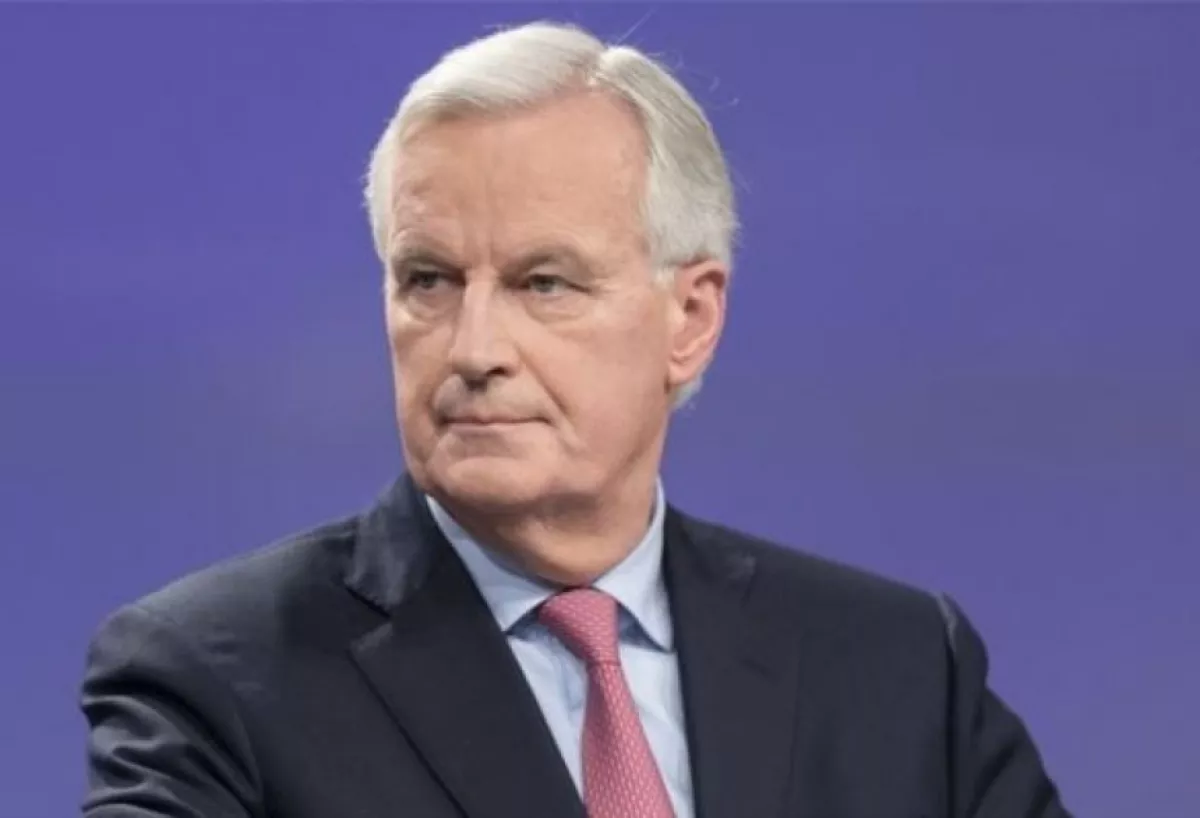France braces for economic judgment amid political turmoil, record deb Article by RFI
The website of International French Radio (RFI) has published an article discussing the financial crisis in France. Caliber.Az reprints the article.
France's financial future is under close scrutiny this month as two of the world's top credit rating agencies assess the country's ability to manage its mounting debt. Meanwhile, a hung parliament, fierce budget debates and a record-high deficit have brought the economy to the edge of crisis.
A week ago Fitch upheld France’s AA- credit rating, but downgraded its outlook from "stable" to "negative". Moody’s will deliver its judgment next Friday, with Standard & Poor's following in November.
The Canadian agency DBRS Morningstar reaffirmed its stable outlook for France last month, but warned of political challenges.
Divisions following snap legislative elections in July risked delaying much-needed fiscal reforms, the agency said, adding that France would likely miss its deficit targets set for 2027.
"Political uncertainty combined with high debt is not a very pleasant situation," economist André Sapir, of the Brussels-based Bruegel Institute, told RFI.
Circle of deficit and debt
Under EU rules, member states must keep budget deficits below 3 percent of GDP, and government debt below 60 per cent of GDP.
In the early 2000s, France was within these limits with debt levels comparable to Germany. But a series of poor policy decisions gradually pushed France’s debt higher.
France’s growing deficit – now €167 billion, or 5.5 per cent of GDP – could surpass 6 per cent by the end of the year. With national debt projected to reach €3.5 trillion, or 114.7 per cent of GDP, France is well beyond EU limits.
"It’s a complicated situation," Sapir said. Political and economic uncertainty is "something that investors do not like and for which they are asking a reward", he explains.
He added: "They want to be paid more in order to hold that debt. So you get into a vicious circle."
By 2027, interest payments on France's debt are expected to reach €70 billion, which could make it the country’s largest budget expense – surpassing even education.
"When the debt servicing costs rise, ultimately it presents governments with three choices," Erik Norland, chief economist with the Chicago-based CME Group, told RFI.
"They can either let deficits continue to grow and allow the debt to continue to spiral higher, they can raise taxes or they can cut spending.
"But these options are not very palatable because spending cuts can be very painful, especially if they impact essential services."

Prime Minister Michel Barnier recently warned that if tough measures aren’t taken, France’s debt mountain will leave the country vulnerable to market speculation.
What’s in France’s belt-tightening budget and can it win support?
The priorities for France's new government revealed in PM's first speech
Stopping the deficit gap
According to business daily Les Echos, France will borrow €300 billion in medium- and long-term bonds next year, breaking its previous borrowing record of €285 billion set this year.
France could potentially become the biggest borrower in the Eurozone.
Much of the new debt will be used to repay maturing loans, a practice known as "rolling over the debt", financial magazine Capital reported.
The French treasury remains optimistic, projecting that debt issuance as a percentage of GDP will stay around 10 per cent next year – only slightly higher than 2024's 9.8 per cent.
"The interest rate that French Treasury has to pay to those buyers of French debts is the kind of interest rate that some of the countries in southern Europe, Italy, even Greece, have to pay for bondholders to hold their debts."
However, more than half of France's debt is held by foreign investors – either banks or financial entities like pension or hedge funds – raising concerns about its financial stability.
The largest group of foreign investors are the Japanese. According to Bloomberg, they sold French sovereign bonds "en masse" in July – a "sign that one of Europe’s safest assets has been tarnished in the eyes of some of its biggest holders".
Political uncertainty
Japanese investors sold off €8.4 billion in French government bonds in July, the biggest monthly decline in more than four years.
Analysts say this was triggered by the political uncertainty following President Emmanuel Macron's decision to call unexpected elections.
Sapir explains that Japanese investors are beginning to wonder if France is as credit-worthy as they previously believed.
"The French state needs money to close the gap of this very large deficit. And where to get the money? By cutting expenditure, by raising revenue," he said.
"But is there still political space to raise revenue?"
The 2025 budget, drafted in Barnier's first weeks as prime minister, includes €60 billion in spending cuts and tax increases aimed at reducing the deficit to 5 percent.
But with both the far left and far right in opposition, it remains unclear whether the budget will pass through France's divided parliament.
By Vafa Guliyeva








